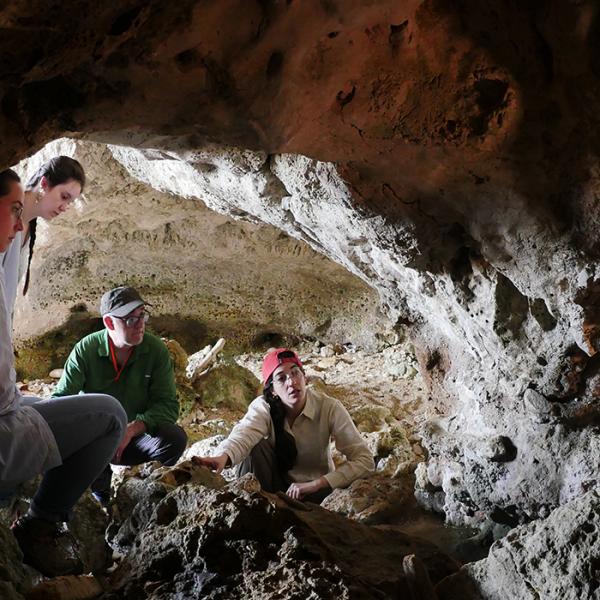Ashley Wilson
 Ashley's ethnographic research examines a conjugal form in Kenya known as “come-we-stay,” or long-term cohabitation that is often not seen as legitimate, neither by the law nor by kinship networks. Whereas various opinion leaders, from clergy to feminist organizations, have hailed come-we-stay as an affront to moral decency and women’s rights (respectively), women with whom she has conducted preliminary research in Kibera slum in Nairobi repeatedly emphasize the social, economic, and intimate benefits of their relationships. Her proposed dissertation study builds on this finding and examines the practice of come-we-stay with wider implications for understanding the role of conjugal relationships, informal and otherwise, as they relate to women as well as men living in contexts of urban poverty and informal economic livelihoods.
Ashley's ethnographic research examines a conjugal form in Kenya known as “come-we-stay,” or long-term cohabitation that is often not seen as legitimate, neither by the law nor by kinship networks. Whereas various opinion leaders, from clergy to feminist organizations, have hailed come-we-stay as an affront to moral decency and women’s rights (respectively), women with whom she has conducted preliminary research in Kibera slum in Nairobi repeatedly emphasize the social, economic, and intimate benefits of their relationships. Her proposed dissertation study builds on this finding and examines the practice of come-we-stay with wider implications for understanding the role of conjugal relationships, informal and otherwise, as they relate to women as well as men living in contexts of urban poverty and informal economic livelihoods.
Assumptions that formal marriage will protect women and informal unions will undermine them do not always play out, especially not in the context of Kibera slum’s informal economy, known by the Swahili phrase “jua kali” (literally, hot sun). Contrary to the cultural, feminist, and legal critiques of come-we-stay, these unions may in fact be strategic for individuals like single mothers, aspiring professionals, and divorcees who are employed through jua kali work. Against the backdrop of national attempts to simultaneously protect and police women’s sexuality through legal and moral interventions, this research project explores the dynamism of come-we-stay in the lives of Kenyans operating in the socially marginalized but economically vital informal economy of Kibera.


